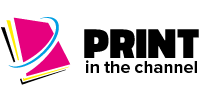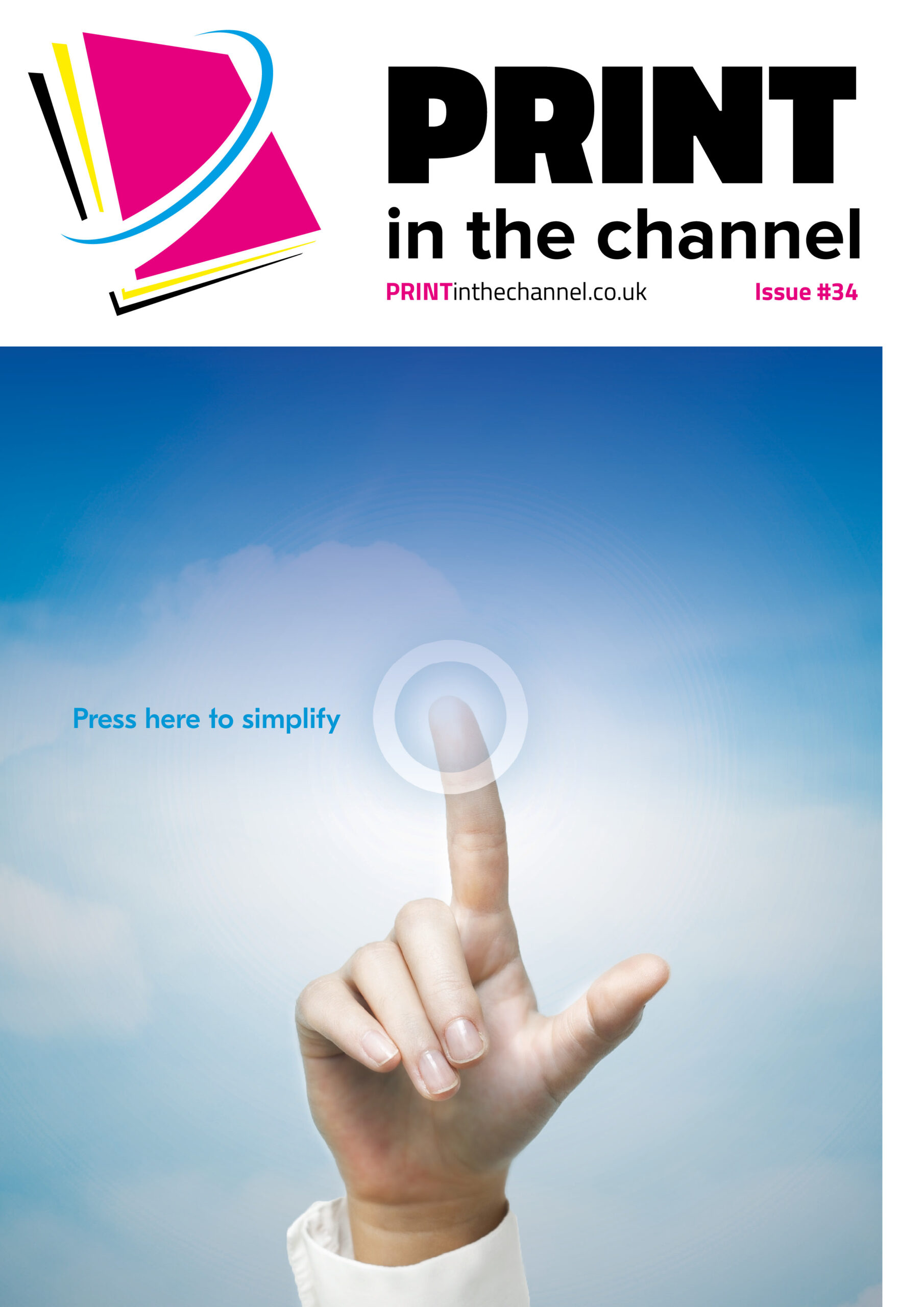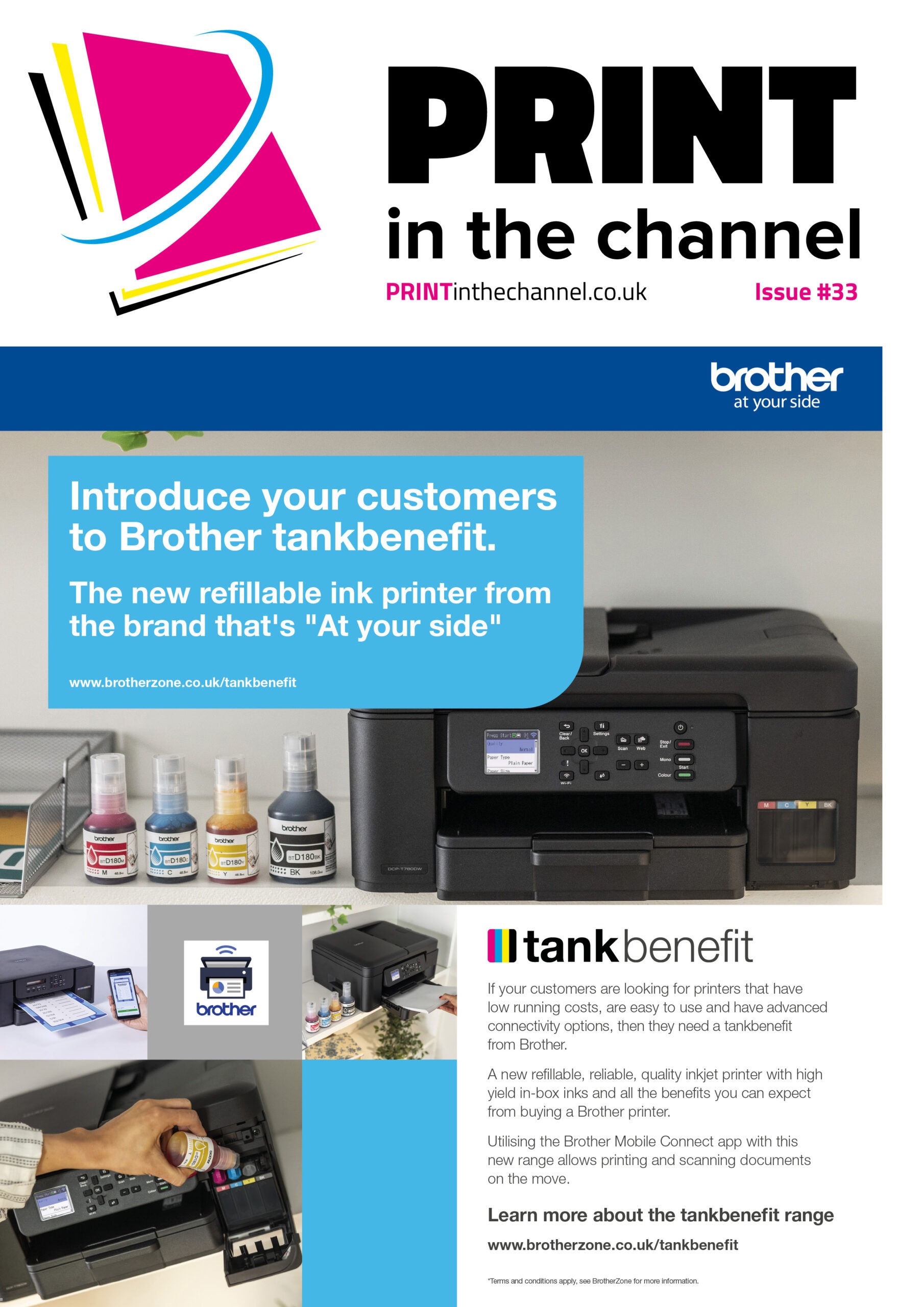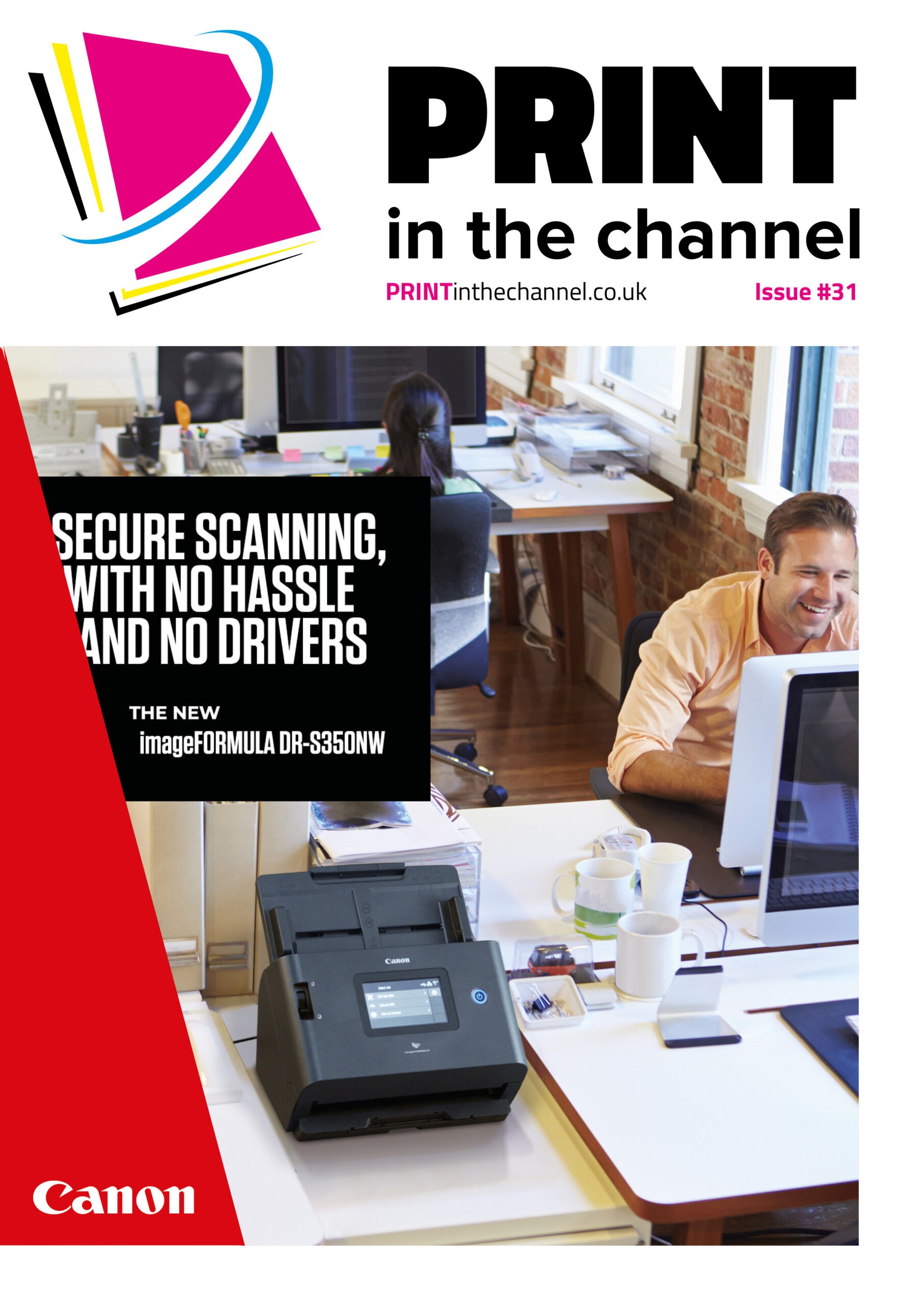Managed print services are evolving to the needs of businesses that operate on a hybrid basis, with a focus on security, productivity and sustainability – providing plenty of opportunities for providers.
While some businesses are bringing employees back to the office, hybrid working is nonetheless still popular, which means many managers must consider how printing is carried out by those workers – and managed print services (MPS) continue to provide a viable option for them.
“Businesses value predictable costs, automated supplies and remote support as they move to boost efficiency, and this is particularly true for small hybrid businesses fighting hard to make every penny and page printed count,” says Greig Millar, chief revenue officer at Brother UK. “These preferences and demands are being met by MPS.”
Dan Wogan, product manager for office printing at Epson UK, adds that MPS has allowed businesses to continue offering safe and effective printing services for businesses whether operating from home or the office.
“While some have deployed MPS solutions into home offices, the main benefit of MPS is that businesses can maintain their ability to meet every print, scan and copy requirement for employees when they do visit the office, while easily scaling their print plans in line with the undulating volumes of hybrid workforces,” he adds. “While the majority of WFH users typically rely on non-MPS solutions like EcoTank, those that have adopted MPS in their home office can take advantage of tools like Epson Print Admin to meet the same standard of print security you’d expect in the office.”
Trends
As hybrid working continues to evolve, so do demands on MPS. “Customers are increasingly focused on solutions that combine security, productivity and sustainability, while saving costs and simplifying servicing, which has led to the wide adoption of efficient print management tools,” notes Dan. “There is a great market for ISVs to optimise hybrid printing solutions, with the likes of Papercut, Printix, OptimiDoc and Hive pioneering this space.
“As the race to net zero shortens, sustainability has also moved from a ‘nice-to-have’ to a tangible buying driver. Businesses are now motivated by environmental and financial savings, particularly with energy costs rising. Inkjet technology is central here: unlike laser devices, inkjet does not rely on heat to fuse toner, dramatically reducing power use. This has real-world impact.
“It’s also important to highlight that while hybrid working is here to stay, it takes different forms for different companies, and generally we see more workforces going back into the office, which is good news for MPS providers.
“With all the back and forth to the office, at different scales and volumes, Epson has broadened its portfolio to ensure changing needs of the customer are met. From product size and weight, to print speeds, ink yields, and a plethora of different features, Epson now offers more than ever before.”
Greig adds that customers increasingly want centrally managed fleets across home and office, with remote configuration and usage reporting. “Buying decisions are becoming increasingly more sophisticated too – aspects like cost-per-page, up-time SLAs and sustainability credentials are becoming increasingly important alongside device specs,” he says. “Customers are also demanding longer-lasting machines on a subscription basis, so that they’re not eating into capital expenditure budgets.”
Security concerns
One of the major concerns about hybrid working is the potential for security breaches – it is now widely known that printers can be just as vulnerable an endpoint as any other that cybercriminals can target.
“Multifunction printers are essentially networked computers with processing power and storage, which makes them attractive entry points for attackers if not properly managed,” says Dan. “Outdated firmware or weak configuration can quickly turn a printer into the weakest link in a business’ cybersecurity chain.
“That’s why MPS solutions increasingly build security in at every level. For example, Epson Print Admin enforces password or card-based authentication and secure print release, so sensitive files are only output when the authorised user is present.
“Resellers play a key role here by ensuring firmware updates within distributed print environments and patches are applied, integrating printers into the customer’s wider IT security strategy, and encouraging lifecycle planning to retire unsupported devices. By combining up-to-date firmware, layered authentication and proactive fleet management, resellers can help customers ensure MPS is efficient and resilient.”
Greig notes that hybrid working means print networks are more dispersed, which can make them more vulnerable to attacks. “So having the right authentication measures, encrypted data transfers and regular firmware updates is essential,” he adds. “Features like secure print release, where documents only print when the authorised person is present, also go a long way in protecting sensitive information.”
Reseller role
With dispersed workforces, resellers and MPS providers have a crucial role in ensuring MPS packages work as efficiently as possible.
“Resellers add most value when they help customers see MPS as more than just a way of controlling print costs,” says Dan. “Efficiency comes from giving businesses the tools and support to optimise how their fleet is used, monitored and maintained over time.
“That means deploying solutions not just for security, but also for reporting and usage insights, so customers can see where print demand sits and adjust workflows accordingly. It also means supporting customers with extended warranties, easy parts replacement and lifecycle planning, which keep devices in service for longer and contribute to a circular economy.
“Ultimately, efficiency depends on resellers tailoring MPS to each customer’s mix of office, home and shared spaces ensuring the right balance of productivity, cost control and sustainability.”
Greig adds that the shifts in working practices represent an opportunity for resellers to engage with customers about the contractual set-up that’s right for them. “This starts with understanding where their people are, what they print and how often, and then designing a solution that’s right for their needs,” he says. “Brother’s refreshed MPS proposition also enables resellers to provide tailored support to customers of all sizes to access automatic supplies replenishment, ongoing maintenance support and cloud solutions.”
Forthcoming trends
Looking to the future, both commentators predict strong trends to prevail in the next 12-18 months. “Economic instability, increasing environmental pressures and emerging cyberthreats suggest the next 18 months will see more cost, waste, energy and security control required for MPS in hybrid businesses,” says Dan. “There is a wealth of tools in place to ensure these are met, and from a data perspective, Epson even offers customers the ability to measure their environmental footprint from their MPS fleet through the optimisation tool.
“And in terms of hardware, while we’re already pioneering the low-energy, low-waste proposition for customers, refurbishment and remanufacturing are also becoming more prominent, allowing devices to be rebuilt or refreshed instead of scrapped, feeding into the wider circular economy.”
Greig adds that it is likely that we will see even greater emphasis on cloud management, security and sustainability over the next 18 months. “Firms are realising that print can play a positive role in reducing costs and carbon, not add to them,” he says. “For resellers, that means more opportunities to offer subscription-style MPS packages tailored to smaller firms, affordable, flexible and backed by data that shows real value. It’s an exciting time for the market, and the resellers who can help customers bring their hybrid models under control will be the ones that win out.”










